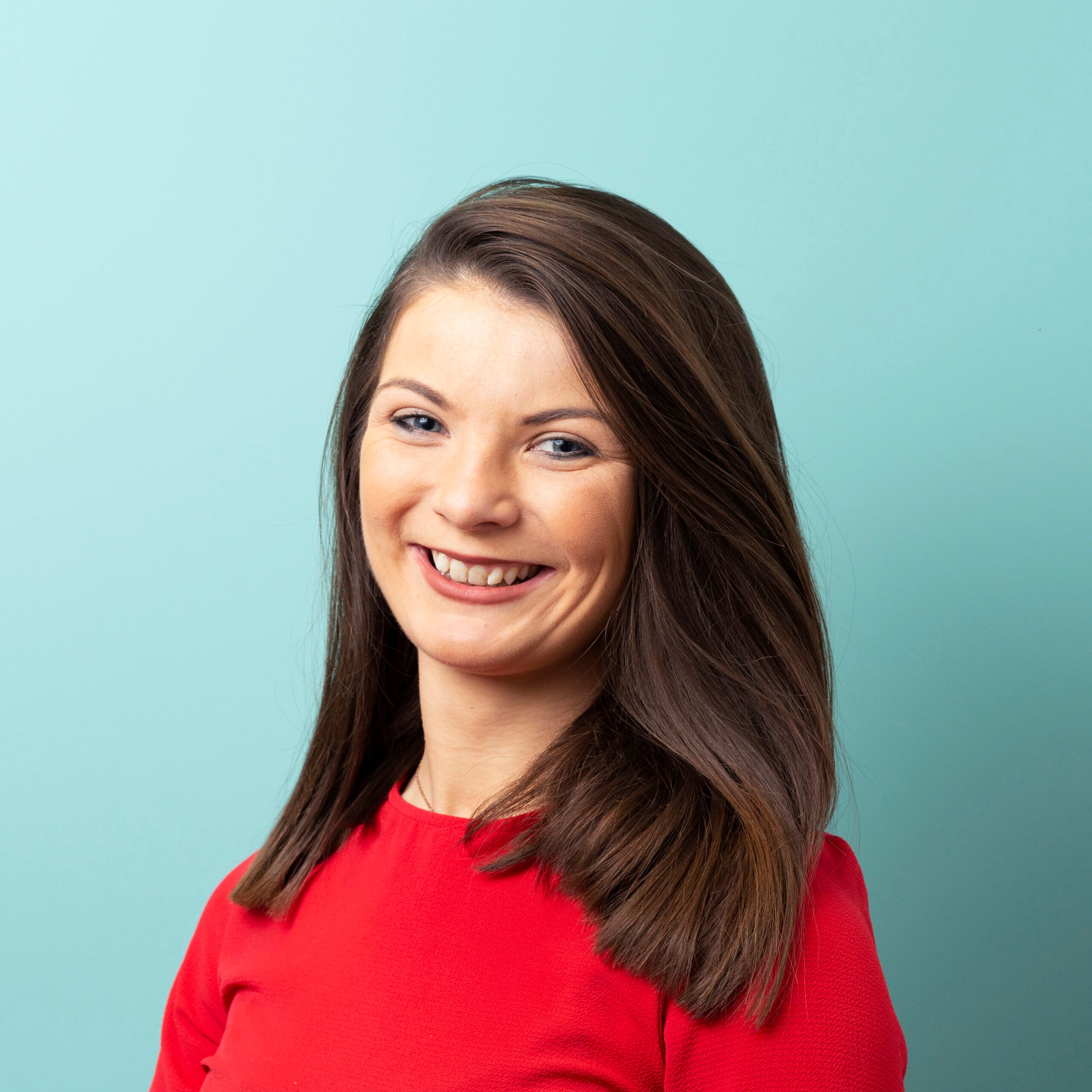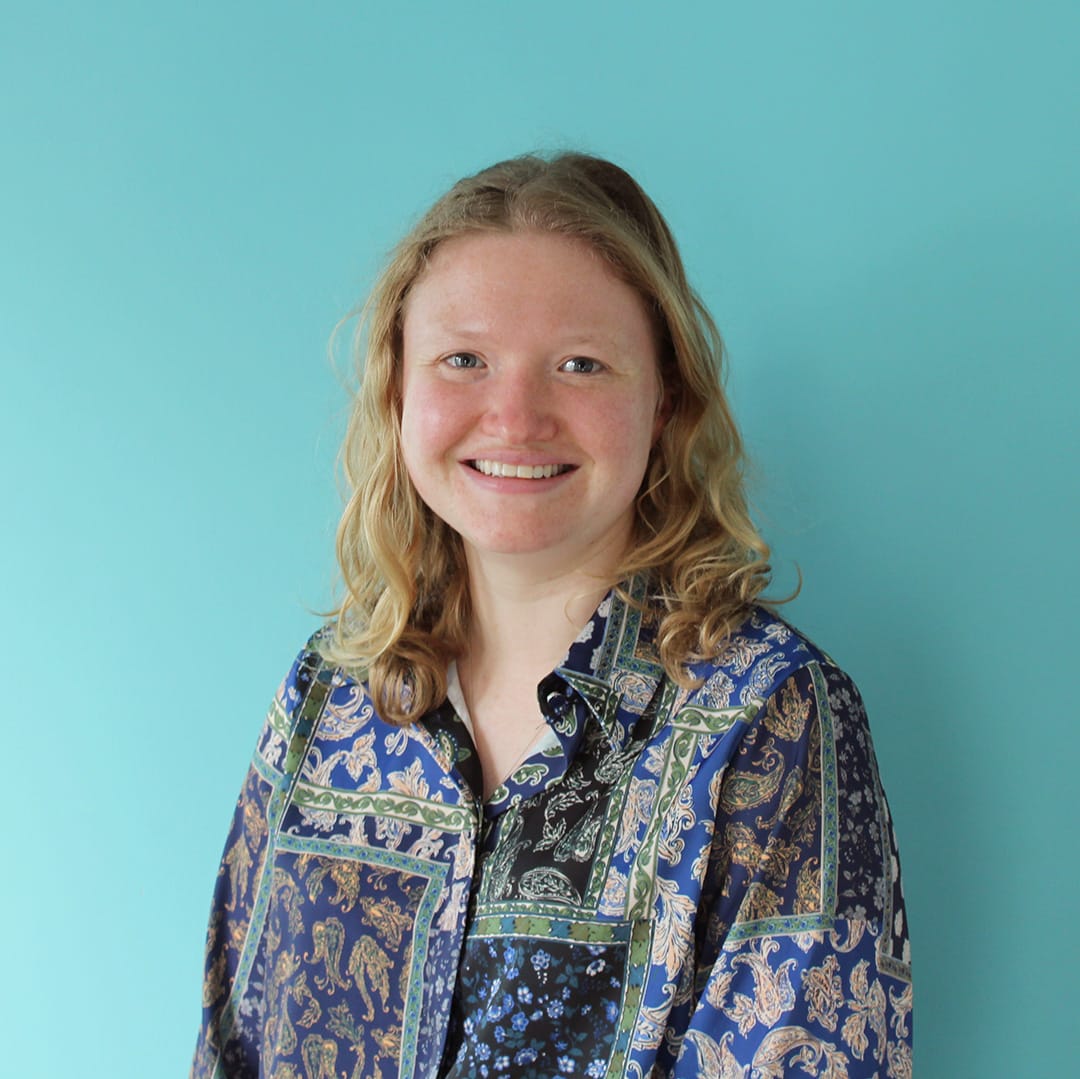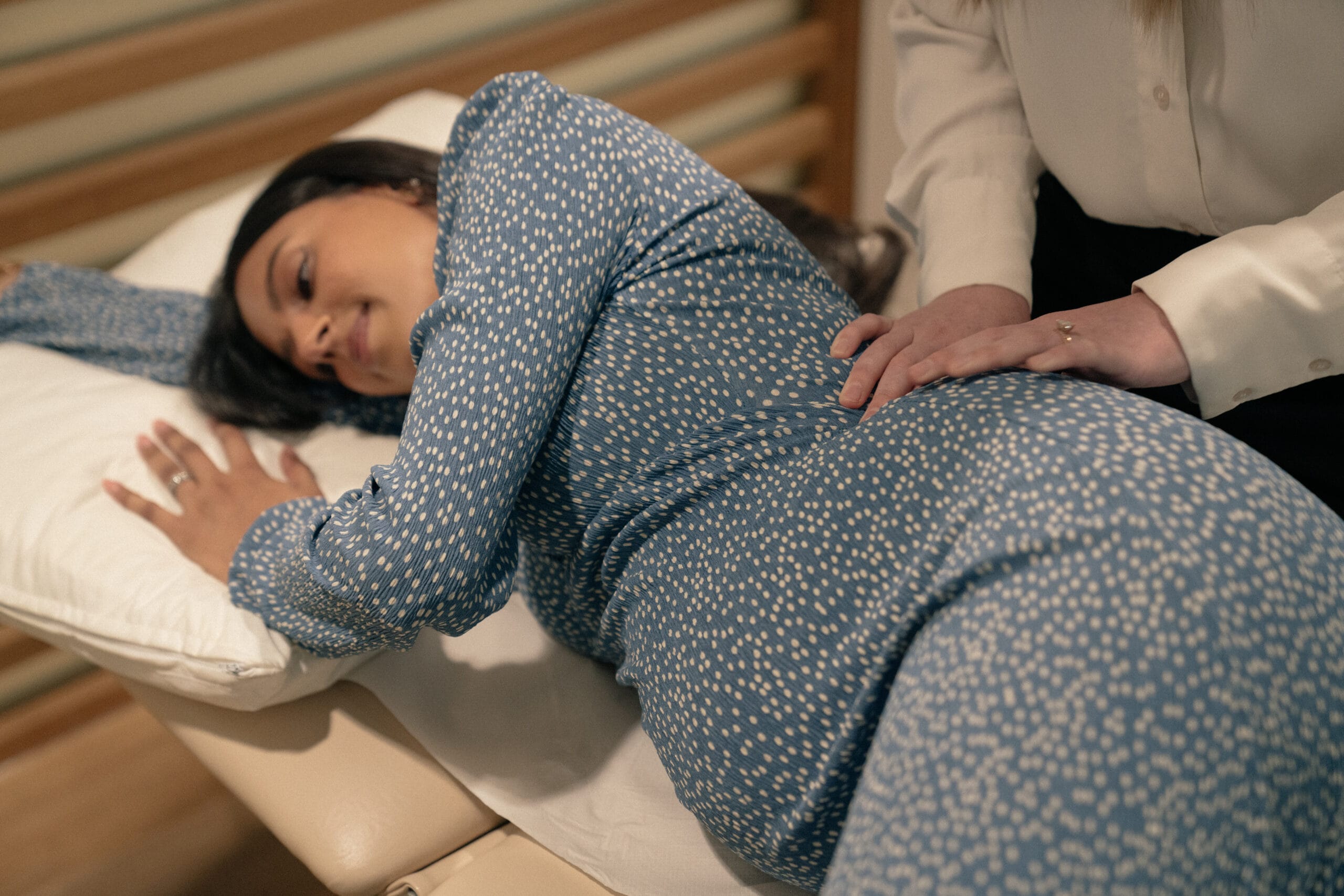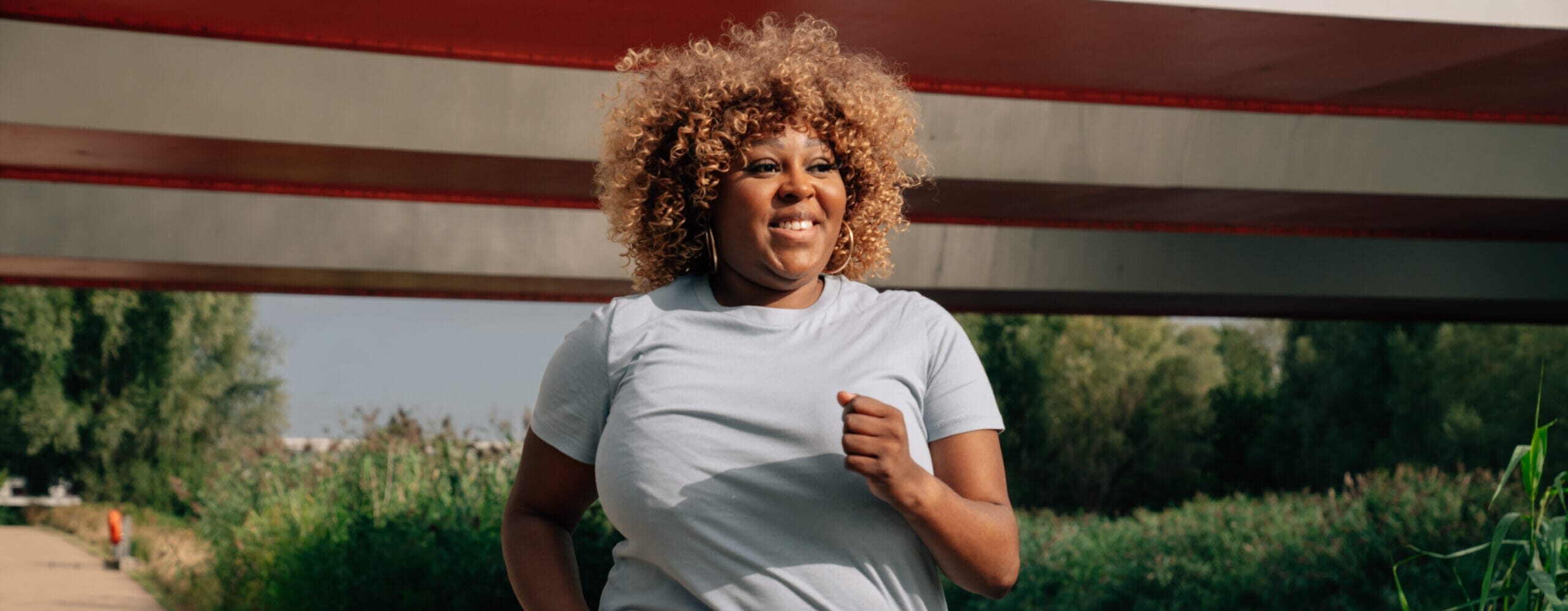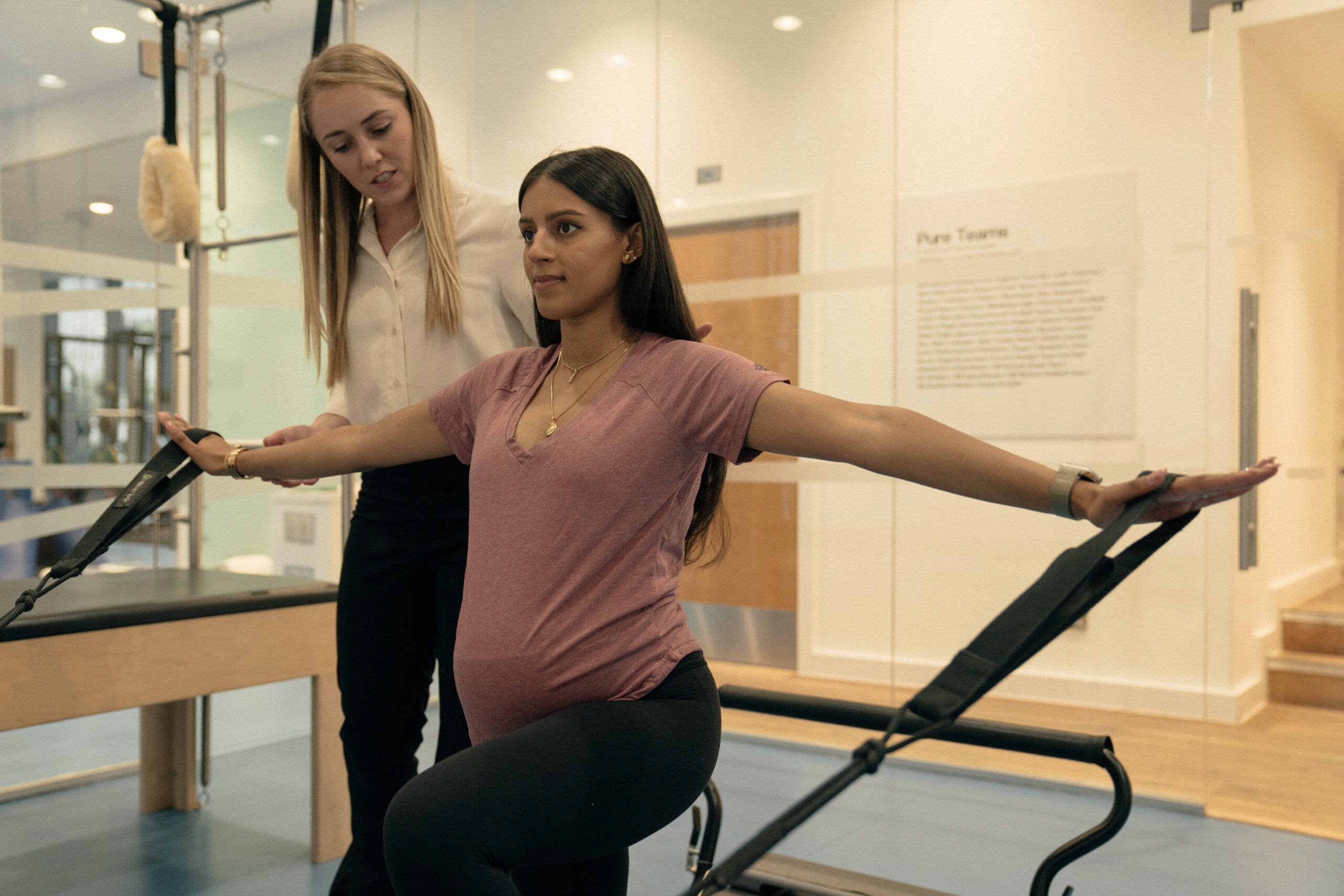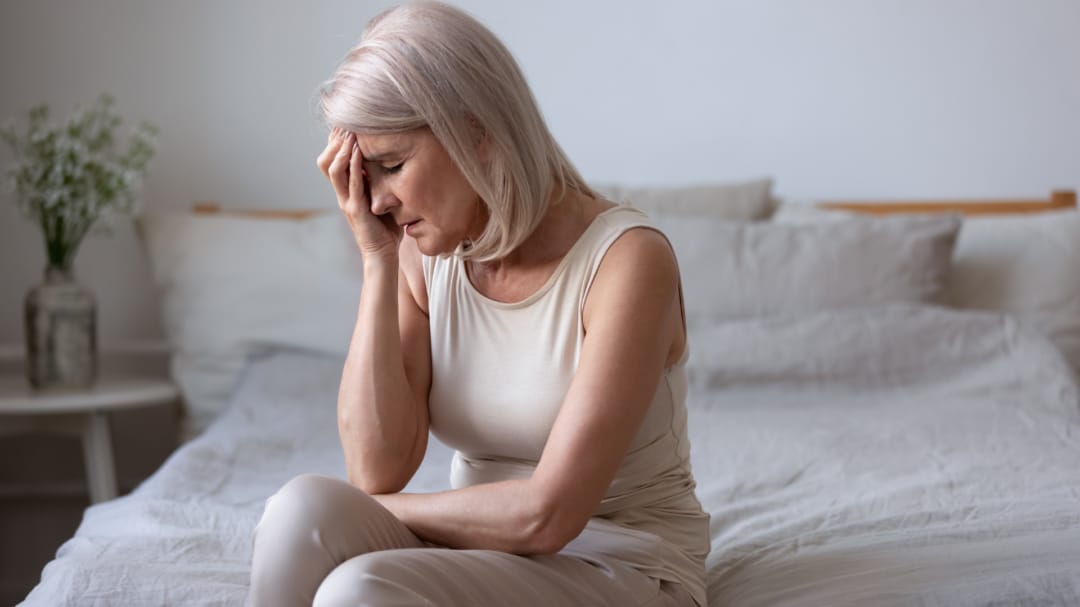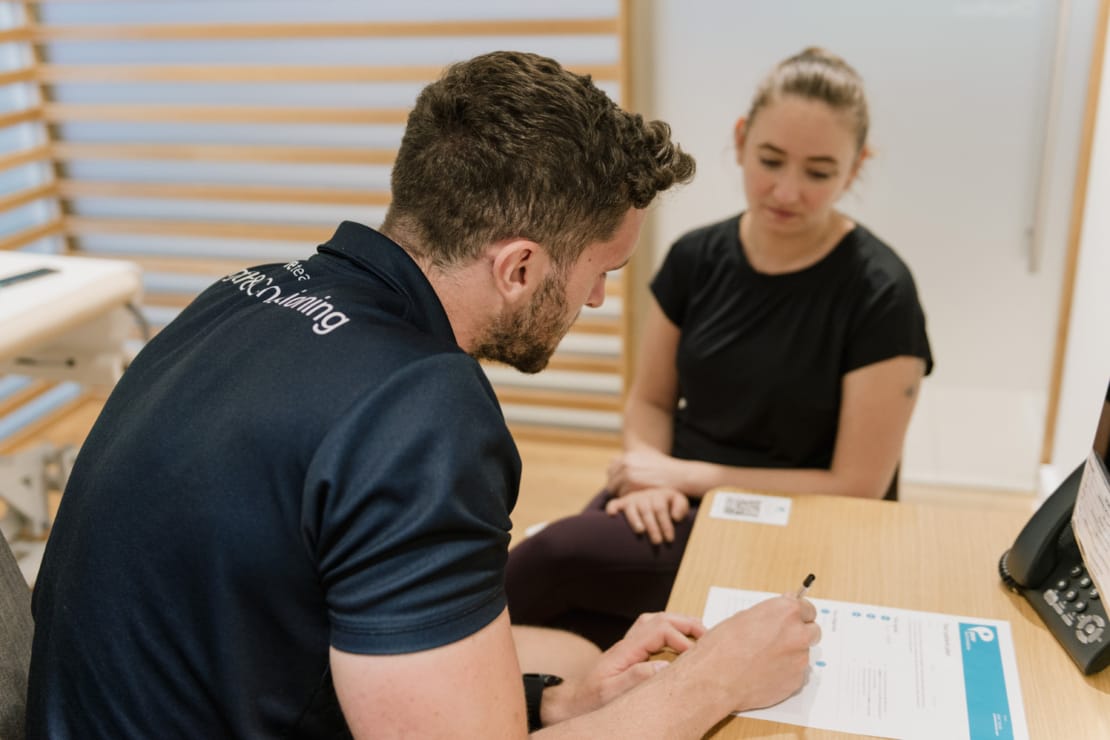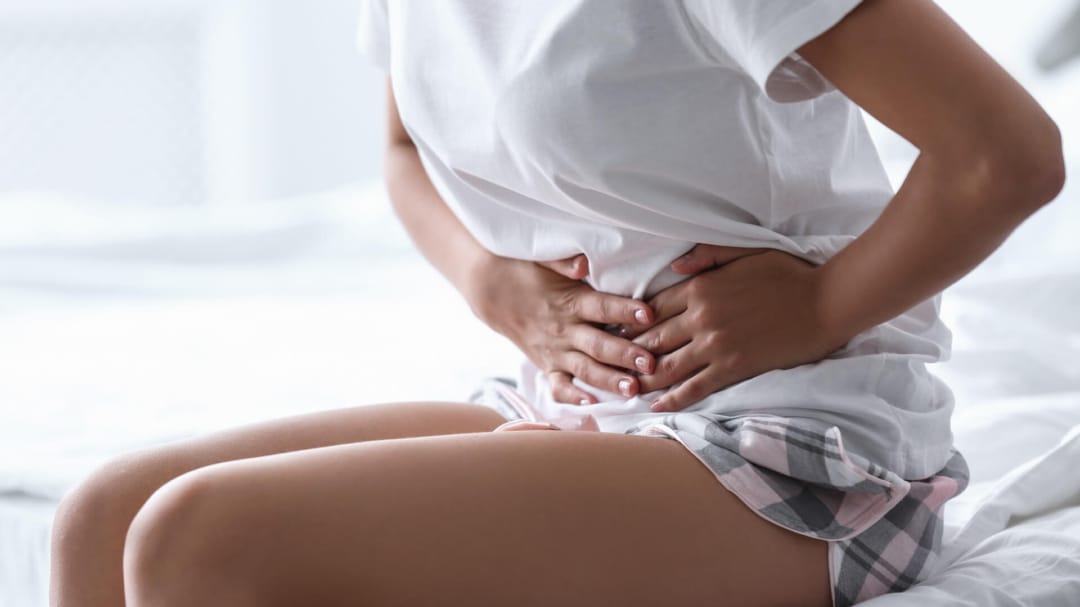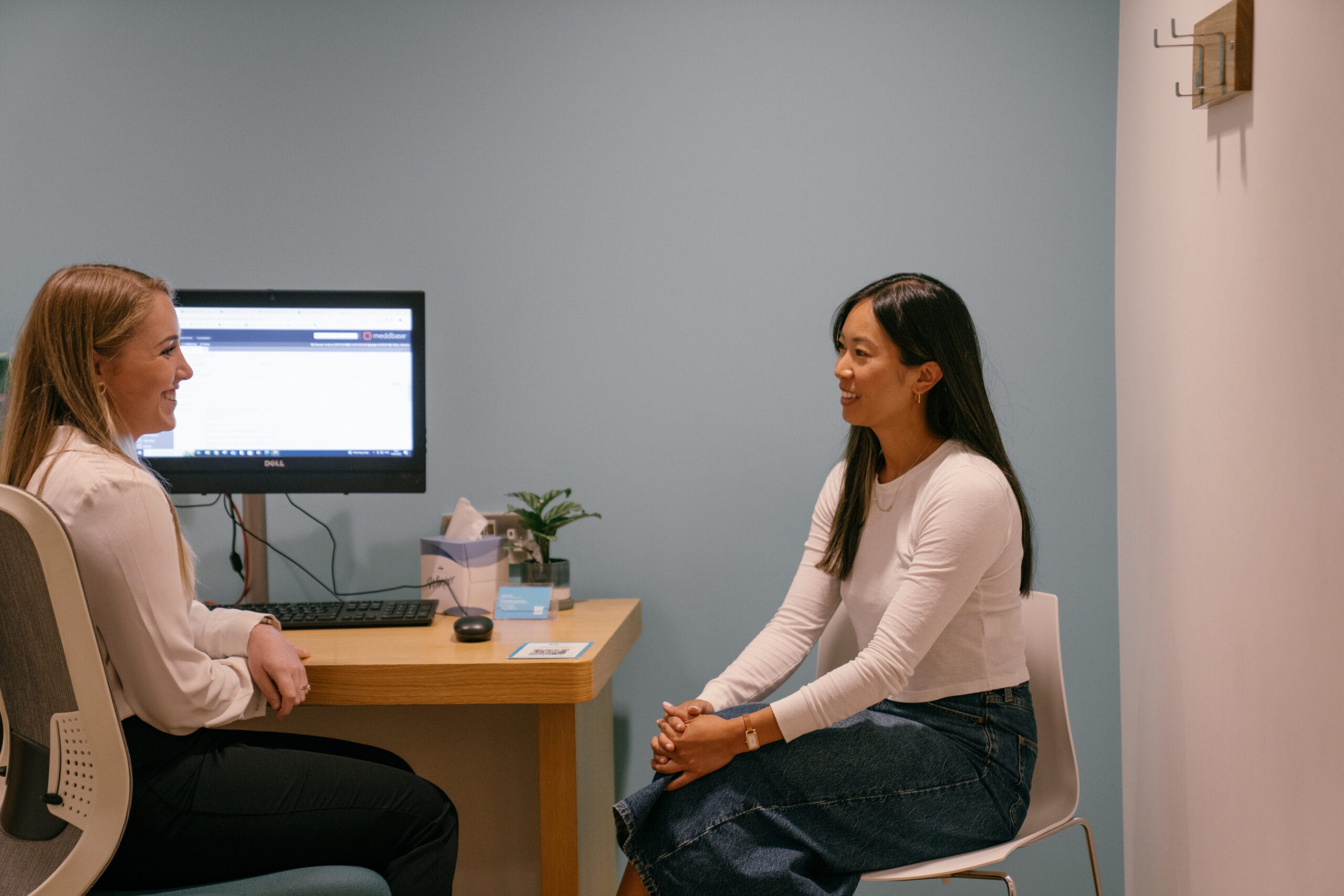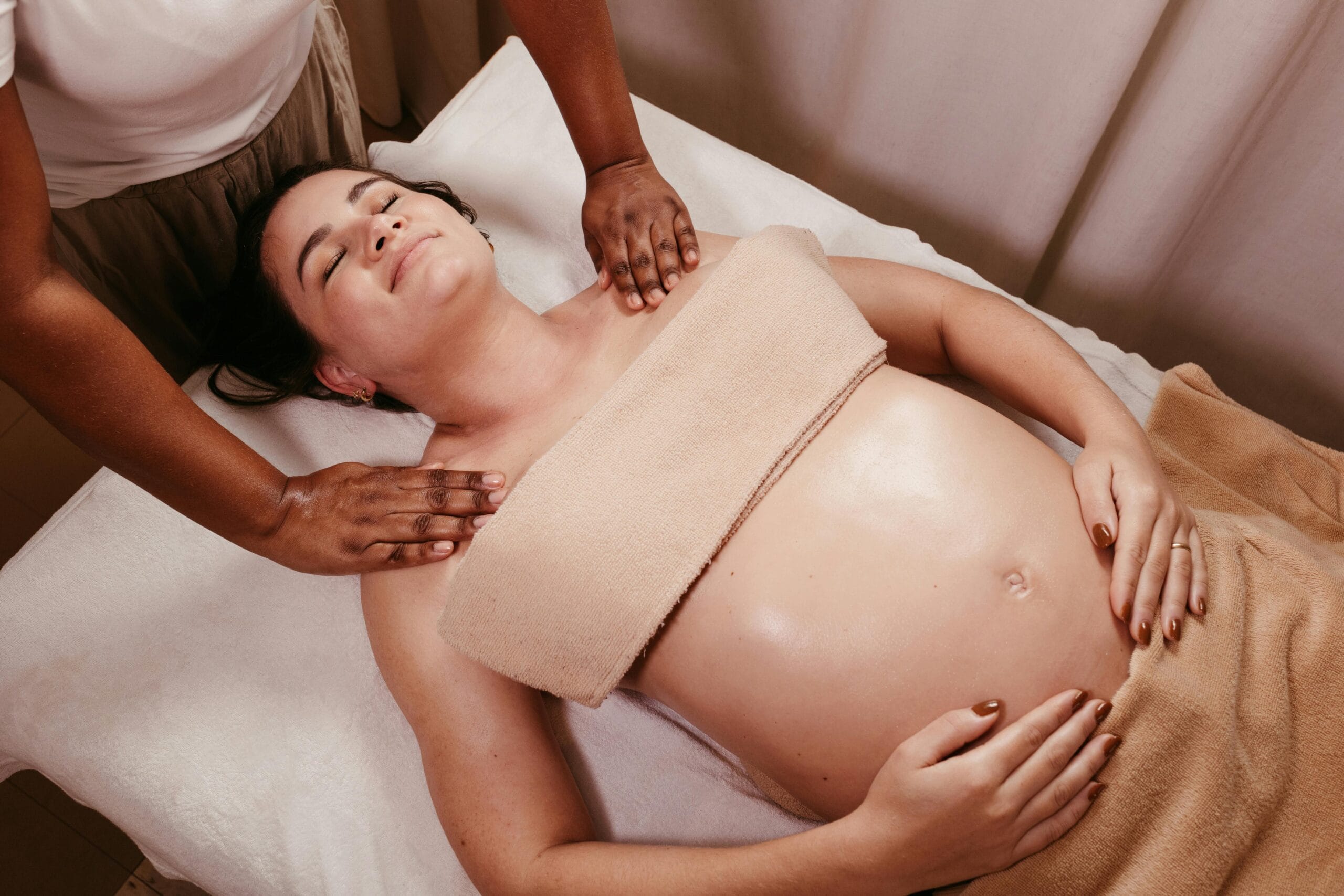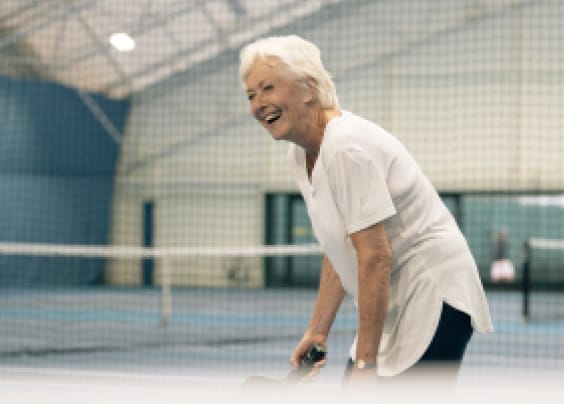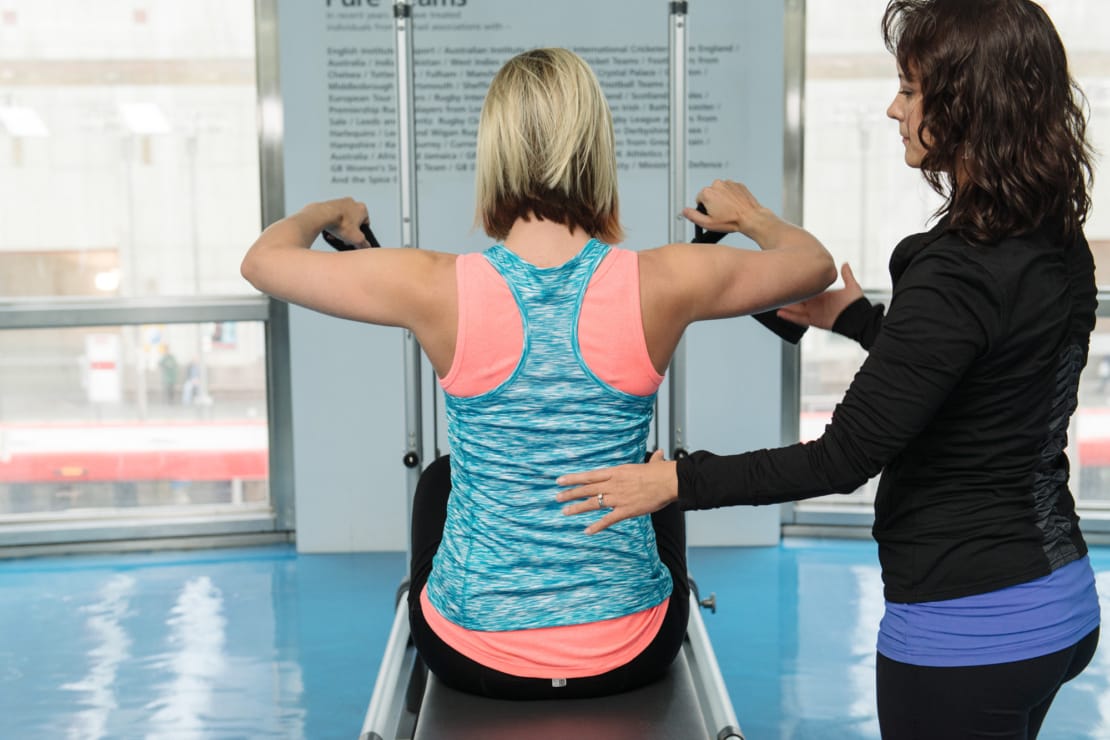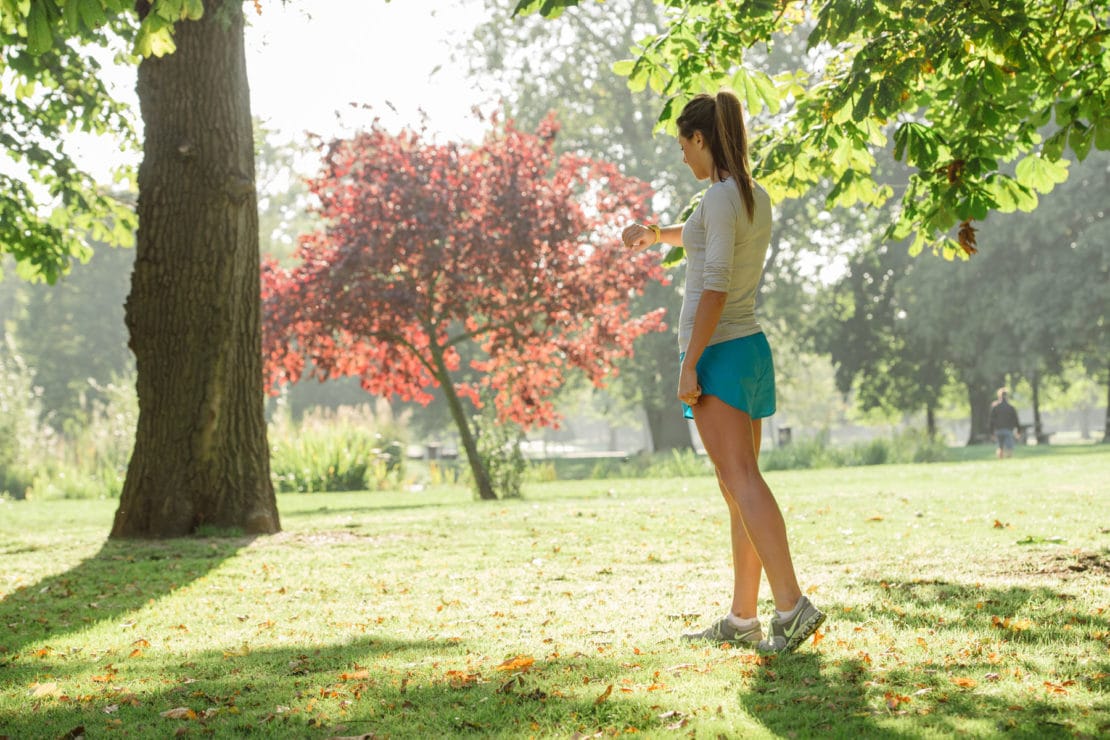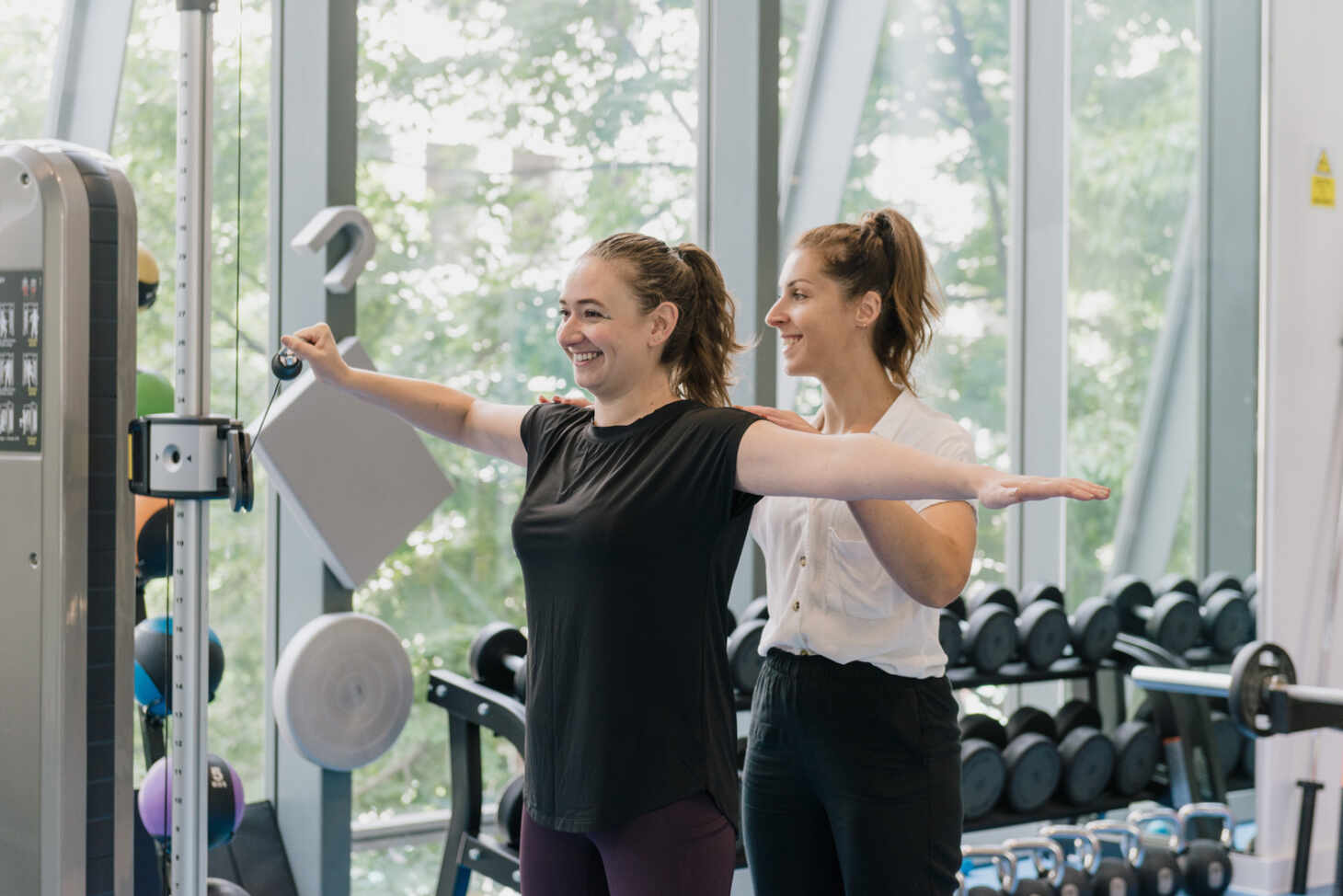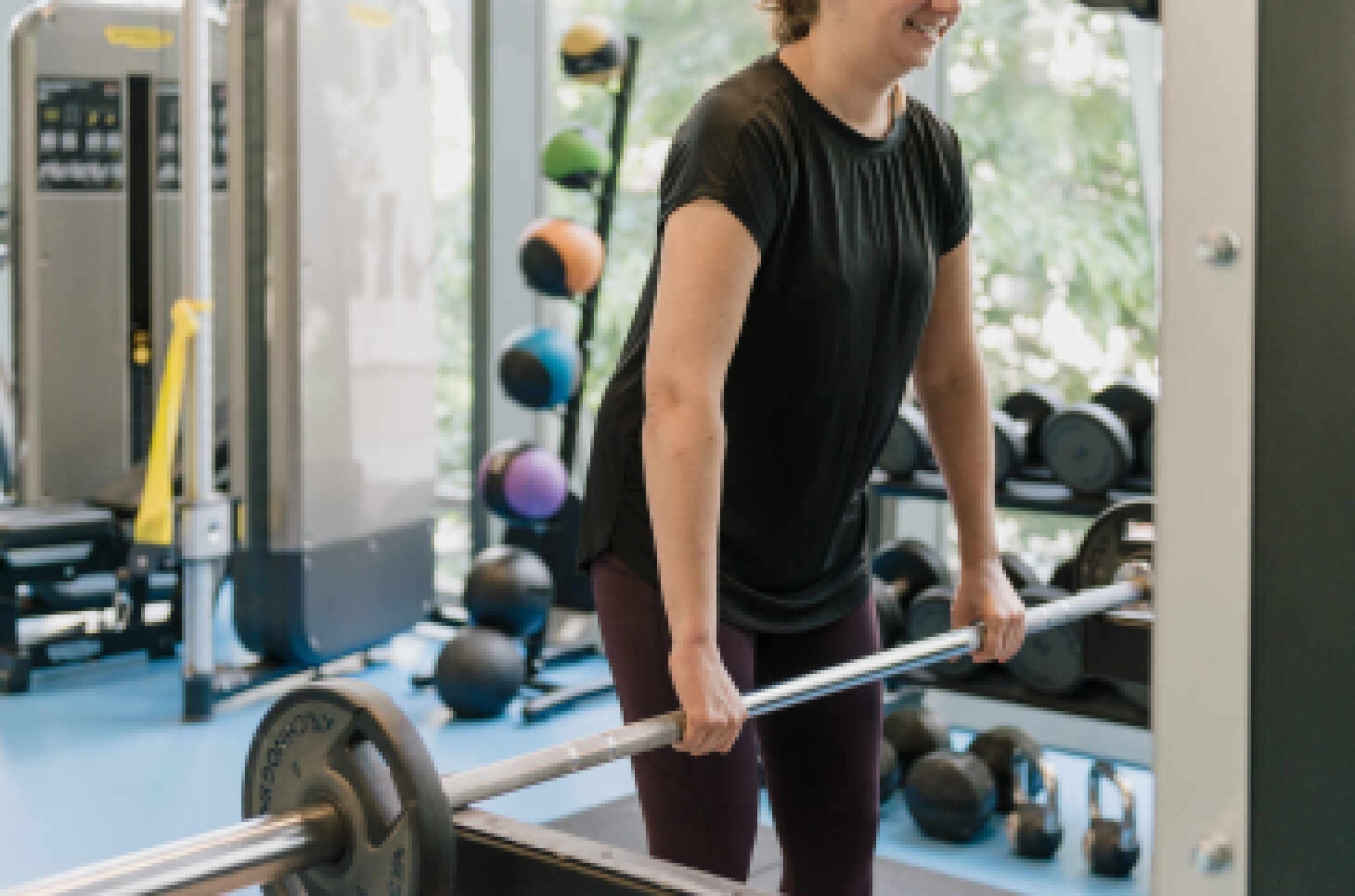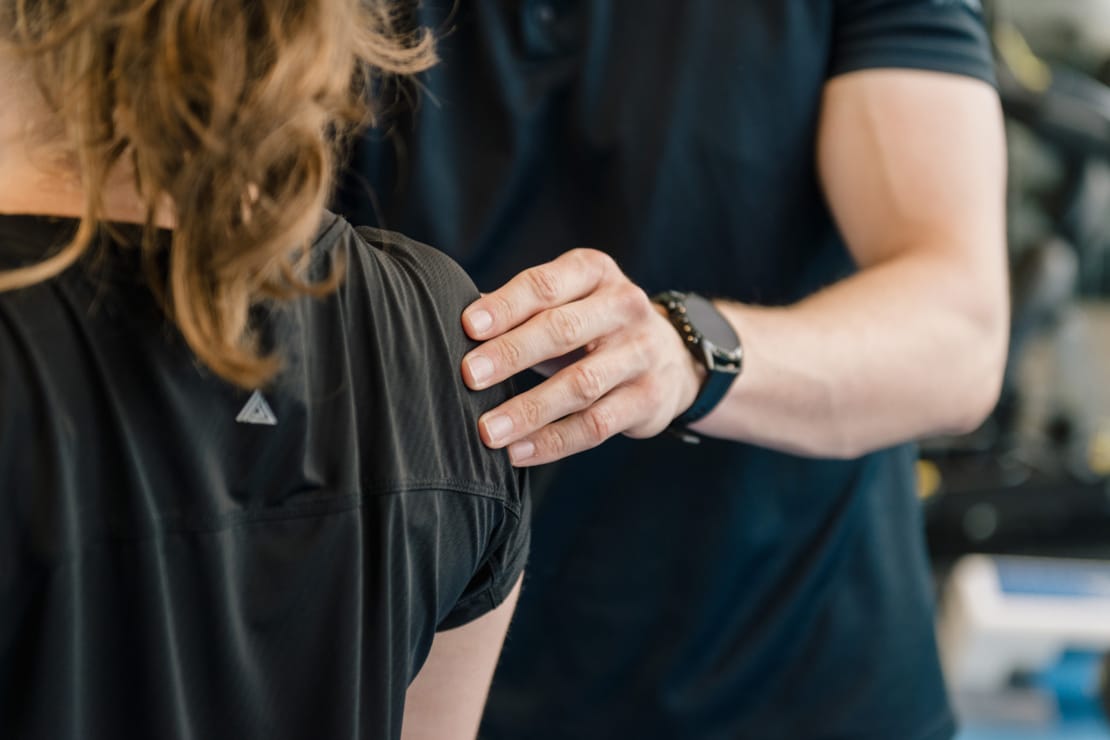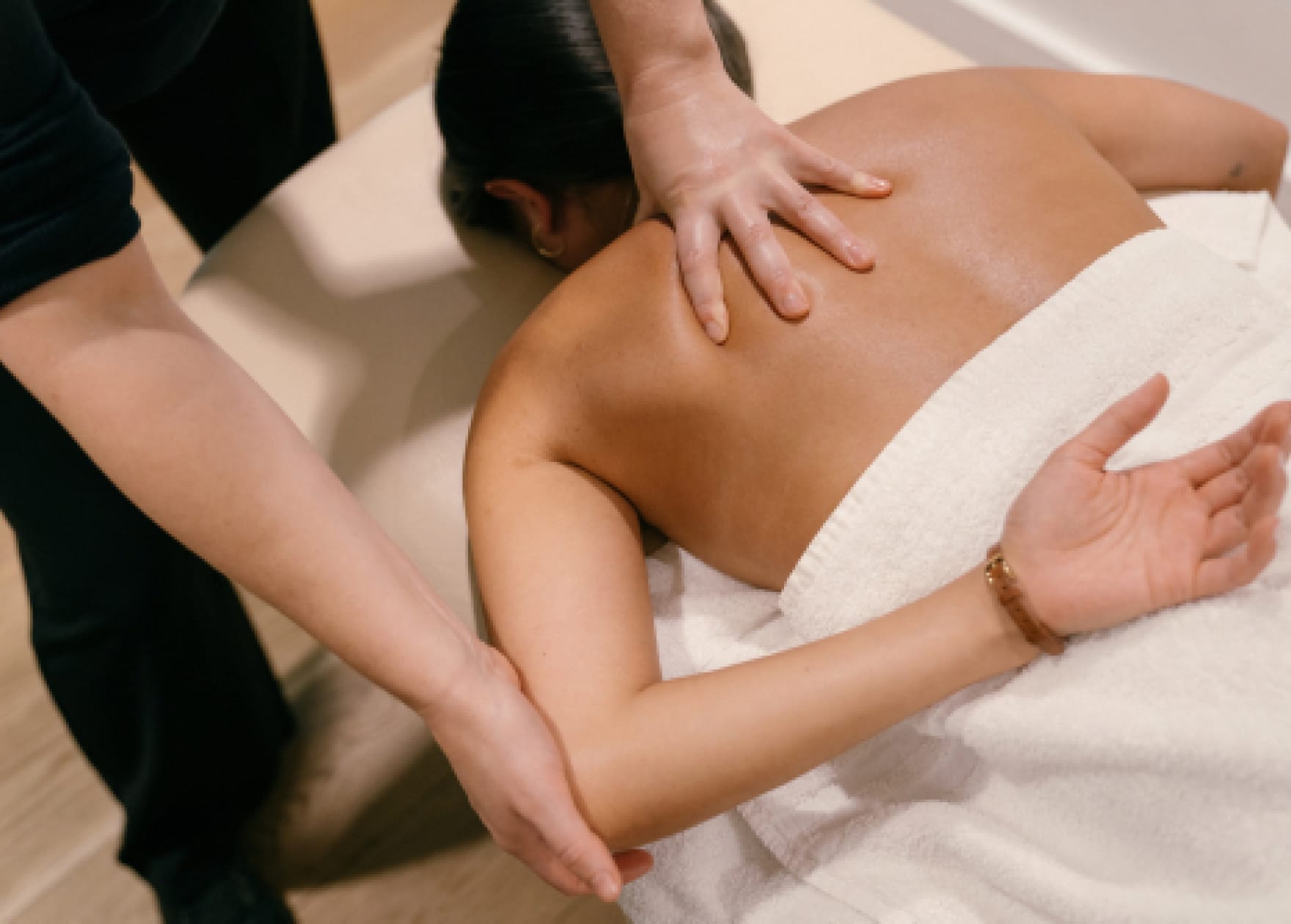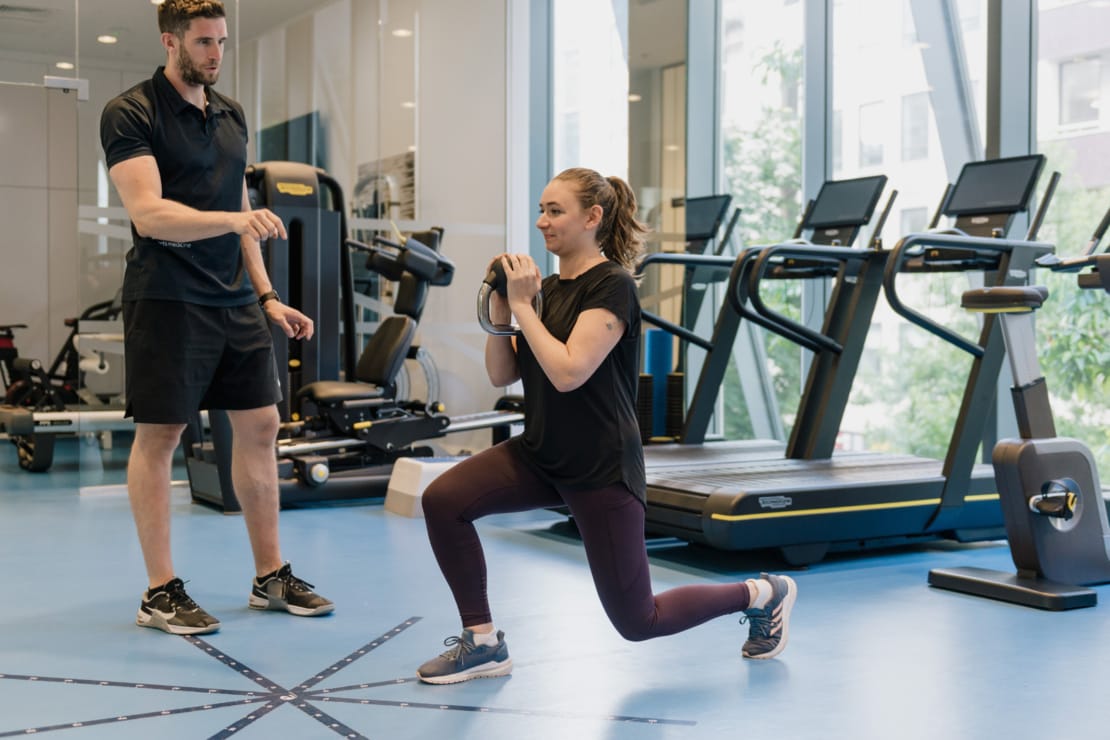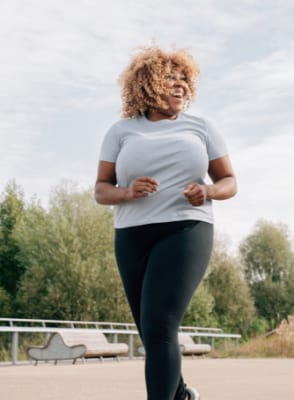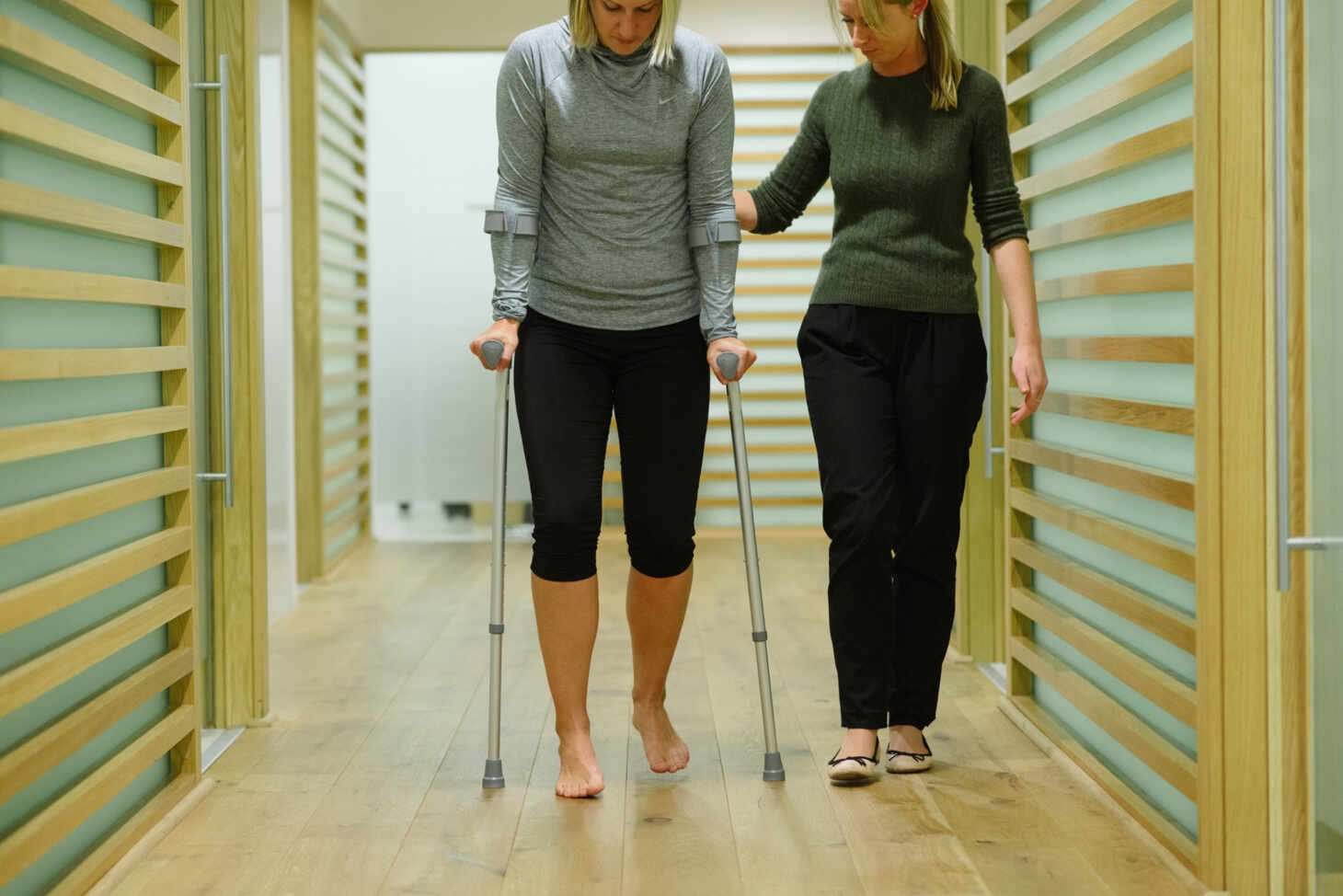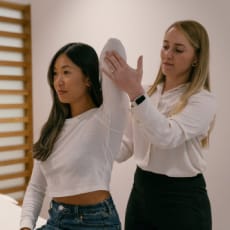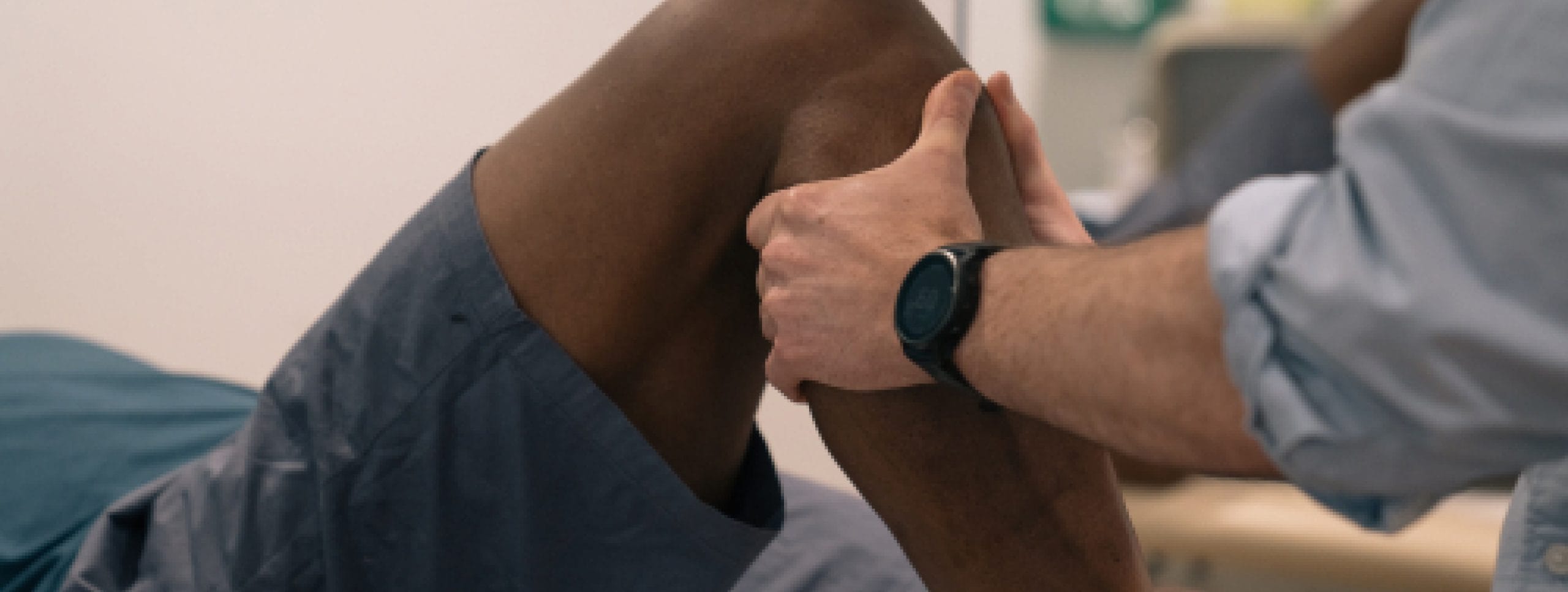
Mummy M.O.T: Rehab & Recovery
Over the course of 12–16 weeks, our Women’s Health experts will help you return to your daily activities and exercise after giving birth, pain and worry free.
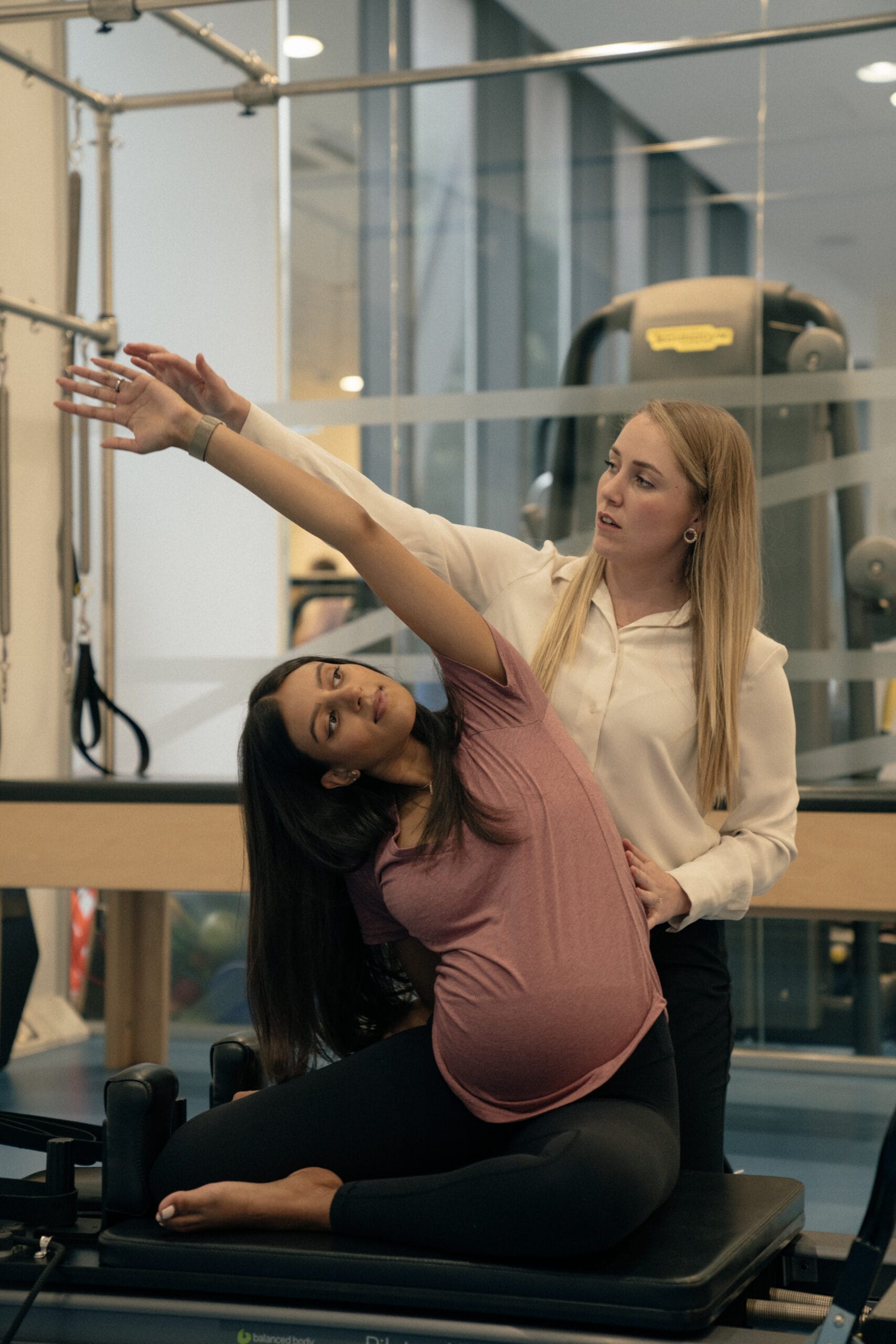
Expert Women’s Health Physiotherapists and Pilates Instructors work closely together to ensure your recovery is both effective and efficient by creating a bespoke recovery plan designed around you and your journey.

With regular physical assessments throughout your course of treatment, you can be confident knowing that your plan will be adapted as you progress.
Get in touch to bookMummy M.O.T Specialists
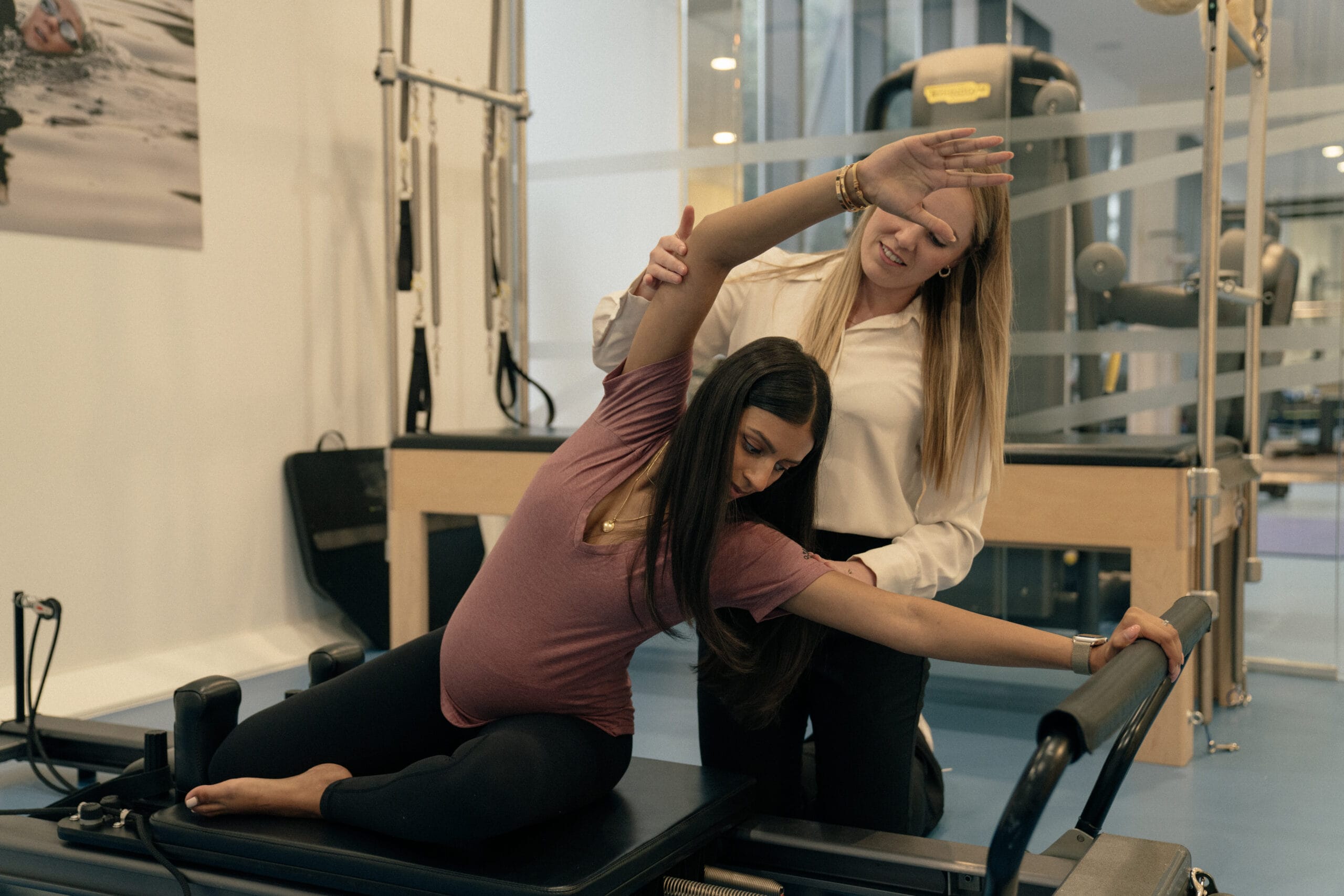
Pricing
- Initial Consultation (60 mins) – £175
- Follow-up Consultation (30 mins) – £118
- Extended Follow-up Consultation (60 mins) – £200
- Mummy M.O.T Rehab & Recovery Package (20% discount) – £840
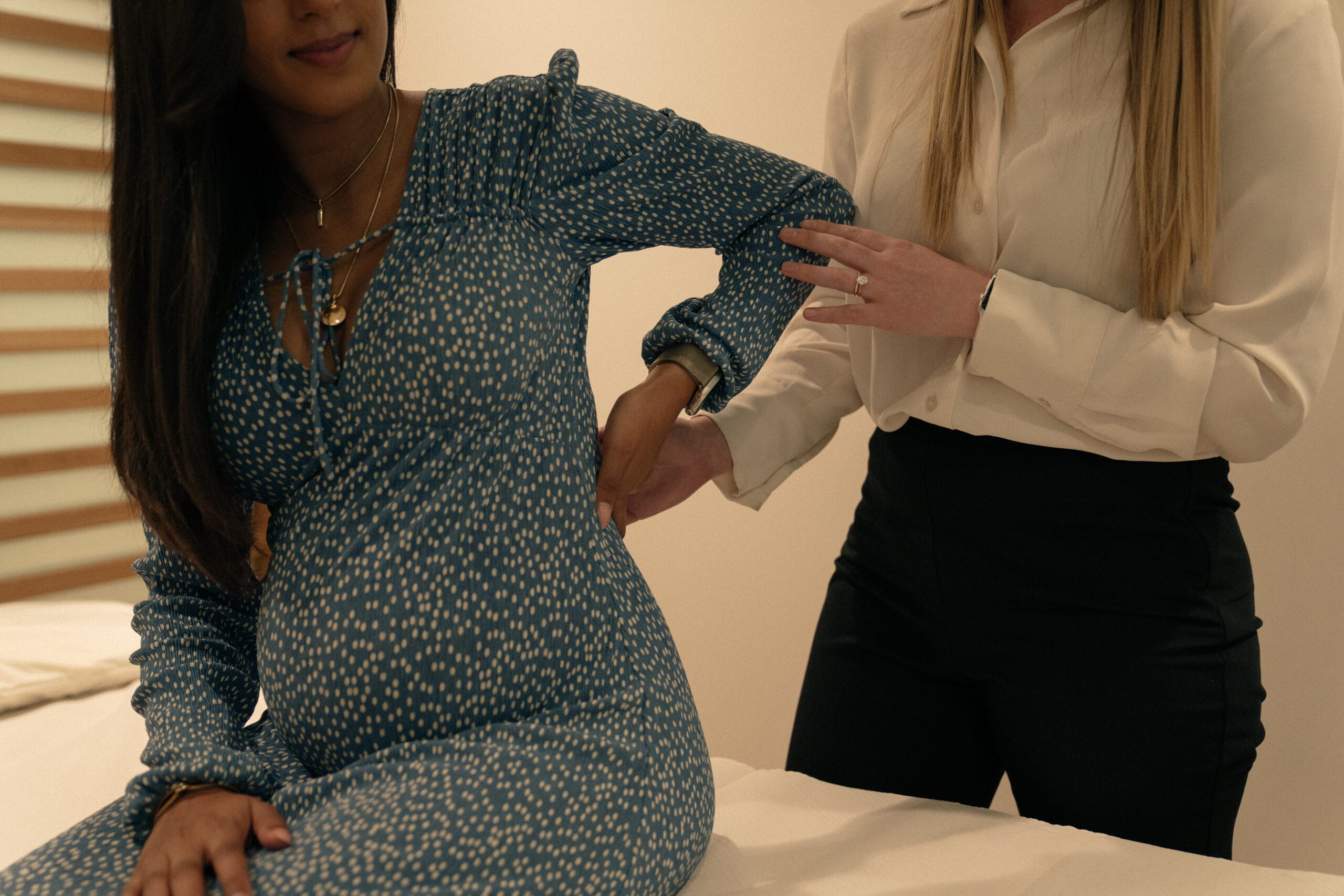
What’s included:
- 1‑hour initial consultation including an internal pelvic floor assessment
- Two 30-minute follow up appointments with expert treating Physiotherapist
- Full course of six 1‑hour Pilates reformer sessions
Your body is your most important investment, and it deserves more. Make sure you get the tailored care and treatment your individual case requires.
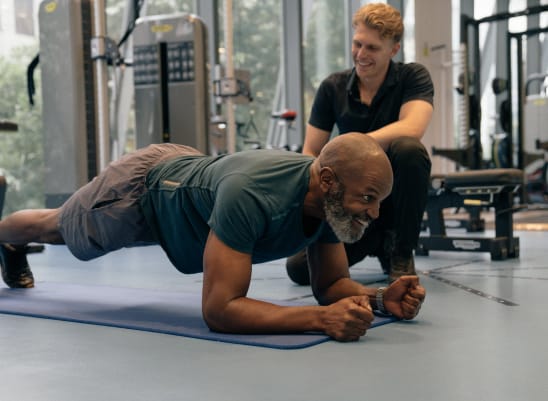
-
Work with a dedicated team of specialists, tailored to meet your specific needs and goals.
-
We combine over 1,000 years of expert experience in musculoskeletal healthcare and elite sport.
-
We are covered by all major insurers and also offer flexible self-pay options for added convenience.
The Pure Experience Overview
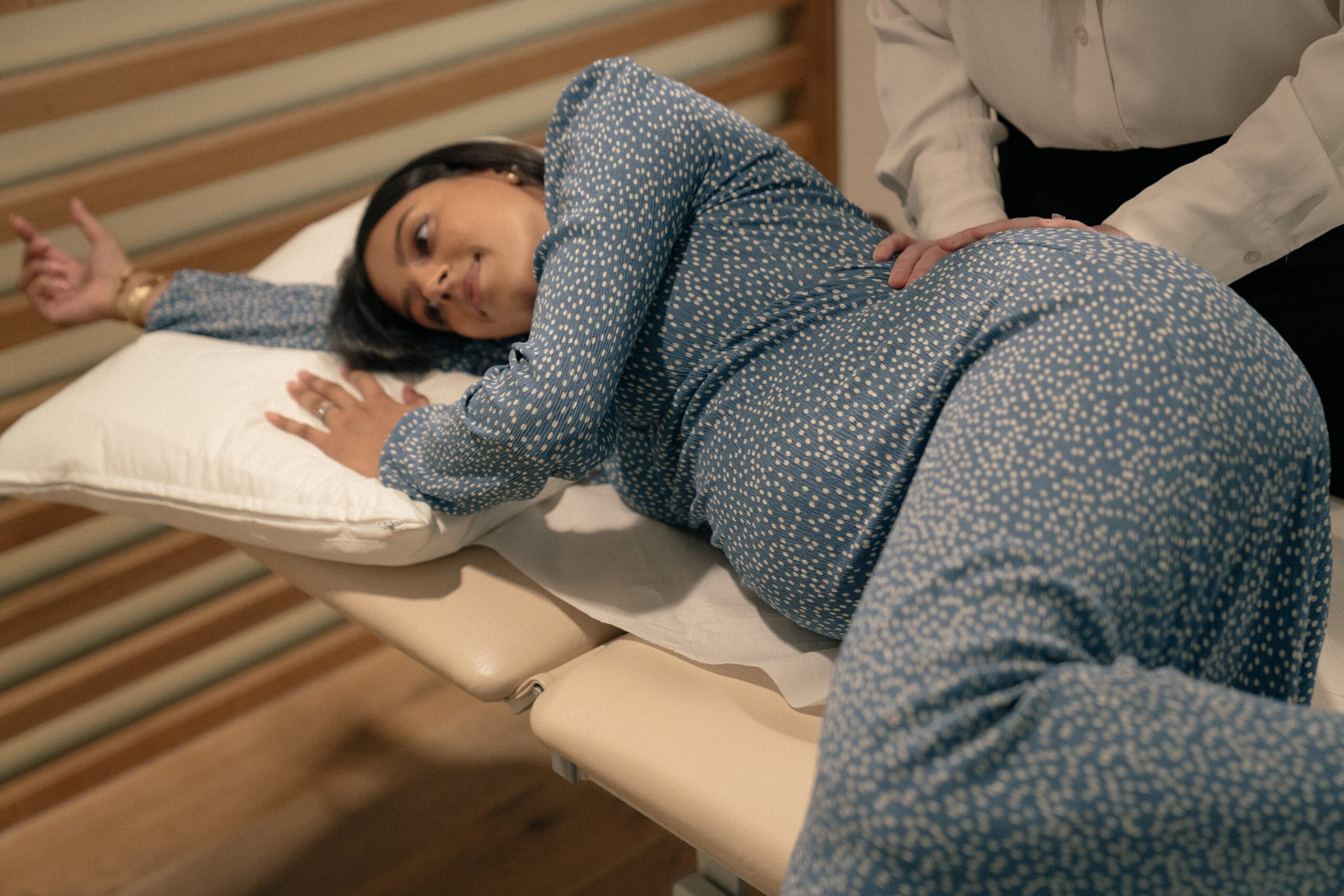
Your Journey with Pure
Everything we do is personalised to you. Whether your goal is to run a marathon or simply walk up the stairs comfortably, we’ll deliver the correct diagnosis and tailored treatment you need to get there so that you can perform at your best and prevent reoccurrence.
What to expect:
At your initial Physiotherapy assessment your treating clinician will provide a full RDA (diastasis), musculoskeletal, internal pelvic floor and C‑section assessment ideally at 6 – 8 weeks postnatally, and offer advice where appropriate.
You will then be provided with a bespoke programme to begin at home with the aim of returning to exercise.
During your first Pilates session, your Instructor, who will have worked closely with your treating Physiotherapist before your session, will complete a further physical assessment to build on your programme. The sessions will be tailored to you, your body and your needs and aims to improve early-stage diastasis, pelvic floor and core strength.
The following Pilates sessions will continue to focus your strength, including weight bearing positions to prepare you to return to the gym or chosen sport.
A follow up Physiotherapy session will take place halfway through the course of Pilates to continually assess the engagement of the pelvic floor; closure of the diastasis and addresses any queries in relation to your rehabilitation.
Your clinician will then progress your home exercise programme as needed to further tailor it to your specific and ongoing goals.
The final Physiotherapy follow up appointment will allow your expert team to have one final check to assess how the diastasis is recovering and how the pelvic floor is engaging during your gym based functional exercises.
Finally, we will build an independent gym/home exercise programme which you can use to maintain the strength and balance of the whole body as needed.
